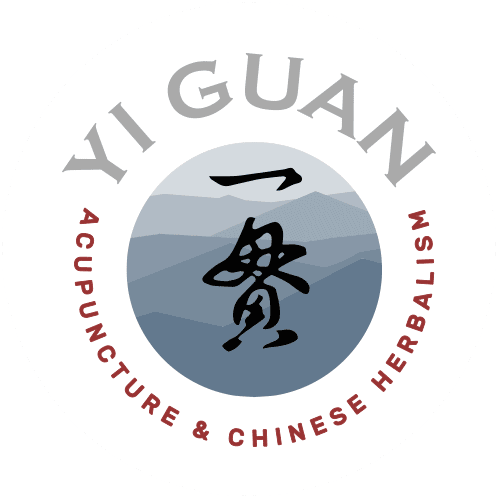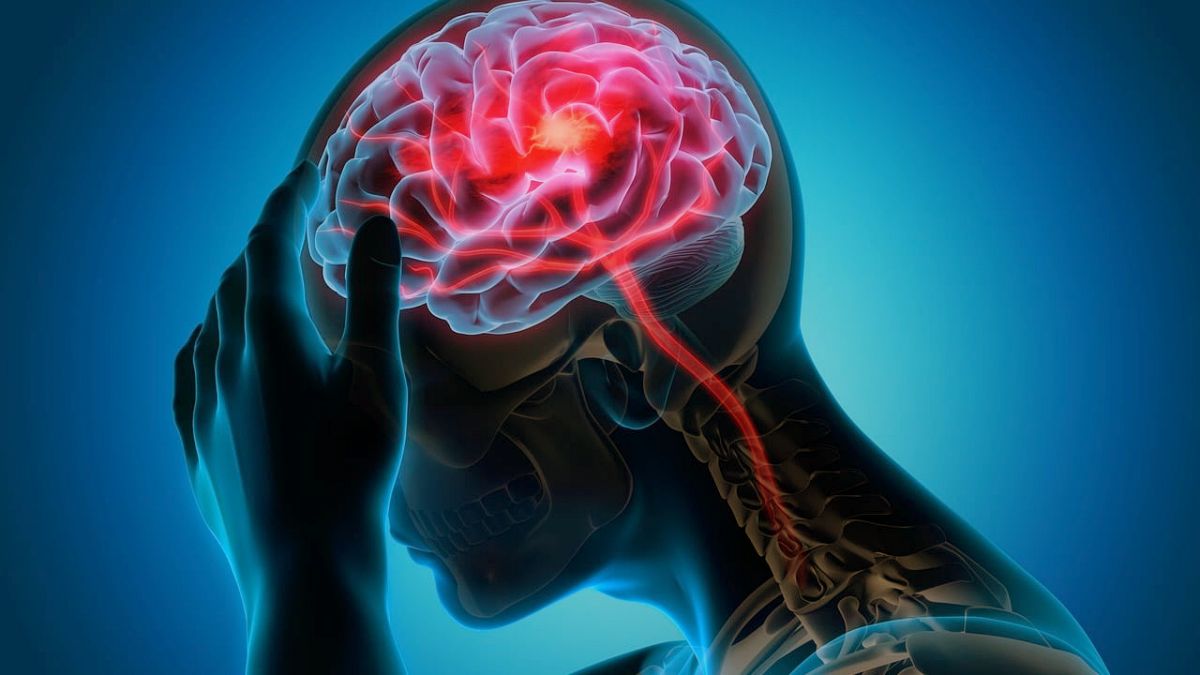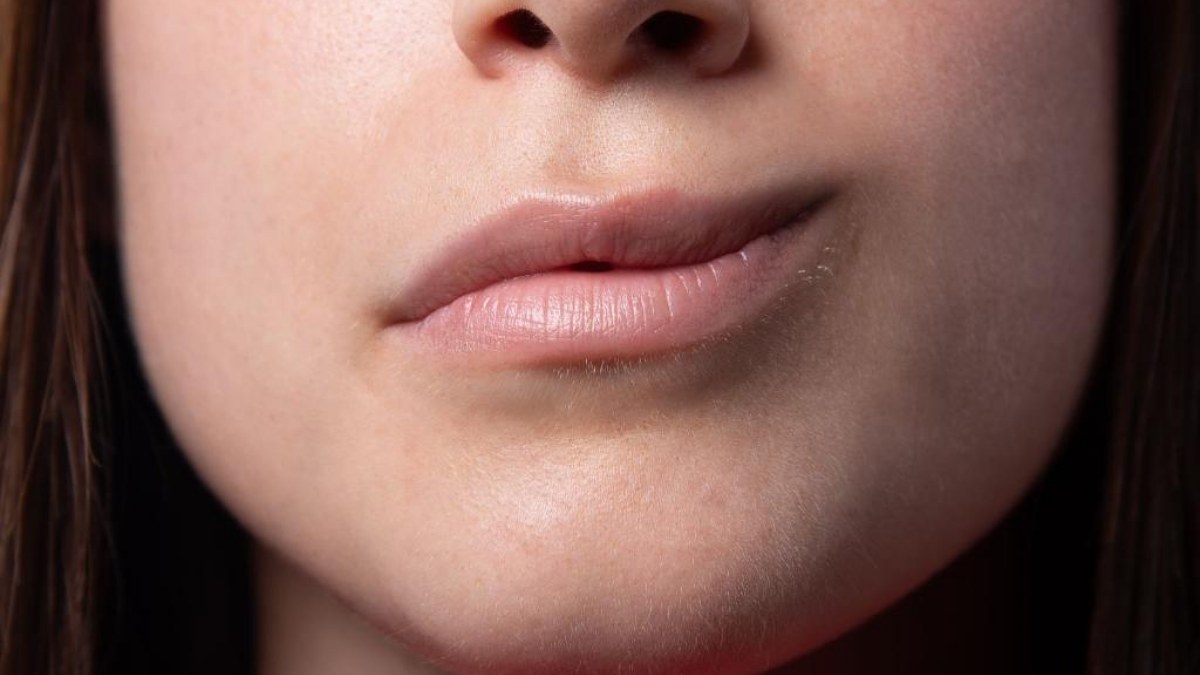ACUPUNCTURE FOR SEASONAL ALLERGIES AND NASAL CONGESTION
People who need relief from their allergies often ask if acupuncture can help with nasal congestion, sinus headaches, and other seasonal symptoms. This is a subject of interest to residents of Austin year-round due to our abundance of environmental allergens, from leaf mold to grasses to cedars and other types of pollen. Acupuncture is very effective in addressing the symptoms of allergies. And even if you are already on allergy medication or immunotherapy, acupuncture techniques and herbal remedies can link in with these prior treatment strategies.
THE WESTERN VIEWPOINT OF ALLERGY SYMPTOMS
From the Western medicine viewpoint, allergy symptoms, or seasonal allergic rhinitis, are caused by an immune system reaction to outdoor allergens. The most common allergens are pollens from wind-pollenated plants like grasses and trees. The body tries to block the pathogens from entering the lungs by creating more mucous or nasal fluid, and triggering one to want to sneeze or cough, to force the pathogens out. The problem with patients experiences persistent allergic rhinitis is that this response is a little strong, and they feel the effects of this process too much for comfort. Or in the case of people in the Austin area, the allergens in the air are just that high. Chronic allergic rhinitis can be any combination of nasal drainage or congestion, deeper sinus congestion which can cause ear infections, muffled hearing, or headaches, and itchiness of the eyes, ears, sinuses or throat. Biochemically, many of these symptoms are caused by an inappropriate release of histamine by cells of the immune system which are targeting what they perceive as a threat. Histamine is responsible for the nasal congestion and increased drainage as well as itching, which is why most of the medications involved are anti-histamines. Another strategy is the use of corticosteroids. These work to generally tones down immune responses in general. This blunts the effects of the symptoms enough for the patient to experience some relief.
THE SIX EXTERNAL EVILS
How does classical Chinese medicine explain the presence of allergy symptoms? First, we need to discuss the “six external evils”. In the Chinese metaphorical system of pathophysiology, there are six “evils” that enter the body from the outside in, as opposed to a problem starting with an organ inside manifesting outwardly. These are wind, heat, cold, damp, dry, and summerheat. The Chinese medical system uses metaphors to quickly easily discuss immunological effects of various allergens or pathogens that interface with the immune system. Therefore these six evils are actually six general categories of outwardly noticeable immunological reactions. And they are generally named for the description of the effects they cause. Hot, cold, damp, and dry are somewhat easy to understand. Everyone can see that hot describes fevers, cold describes chills, damp describes congestion, and dryness is when the symptoms go in the opposite direction. But what does wind mean?
WIND INVASION
Wind is named so because the symptoms, like the wind, come and goes quickly. And like the wind it breezes through, moves around quickly (like from nose to throat to lung) causes numbness, tingling, and–in extreme cases–tremors and convulsions, and can carry things with it, like heat or cold or damp. When you “catch a cold”, this is referred to in the Chinese system as an “external wind cold invasion”. Wei qi or defensive qi is responsible for stopping or fighting the various evils from external invasion and clearly analogous to the circulating immune system. An interesting thing to note is that in the Chinese system, no distinction is made whether the actual pathogen invading is a foreign body, an allergen, a virus, bacteria, or mold spore. The distinction is on the pattern of symptoms: wind-cold gives one chills, wind-heat fever, wind-damp stuffiness and heaviness.
EASTERN TREATMENT APPROACH TO ALLERGIC RHINITIS
Since no distinction is being made in Chinese medicine on what is causing the invasion, this means that acupuncture and Chinese herbalism helps allergic rhinitis patients by modulating the body’s inflammatory and immune response. So the acupuncturist does not work against the pathogen itself directly, like an antimicrobial agent would. Think of antihistamines, which blunt or prevent the effect of histamine release rather than combating the agent that started the histamine release. It is easy to perceive that certain ingested herbal substances can have chemical constituents that do just this. But how does acupuncture help with allergies?
ACUPUNCTURE HELPS COORDINATE IMMUNE RESPONSES
Allergy symptoms occur when the body is inappropriately reacting to foreign particles entering the upper respiratory system. The mechanism of how allergic rhinitis acupuncture works can then broadly be understood as properly harmonizing the body’s immune response. If a foreign body, like an acupuncture needle, is inserted into tissue, the body’s immune system will surely notice. This needle then draws the immune system’s attention to the area, which happens to also be having a local immune response to an allergen. With proper needle placement and technique, the message is sent to the body’s immune system to properly organize and prioritize the quantity and quality of immune factors, fluid permeability, and blood vessel dilation with the end effect of reducing the overactive allergy symptoms. This can explain how just a few well placed needles can alleviate chronic seasonal allergy symptoms.
THE BEST OFFENSE IS A GOOD DEFENSE
Acupuncture can also help people through allergy season preventatively. This is done by working with the aforementioned wei qi or defensive qi. Some people experience allergy type symptoms year round, or perhaps “catch colds”, or upper respiratory tract infections, too easily and too often. In these cases the patients’ defensive qi can be strengthened. It is like sending more troops to the border. Sometimes the problem with defensive qi is that it’s a too strong or too sudden a reaction. Another way of putting it is that the defense is uncoordinated. It is like there are plenty of troops at the border, but you put all the archers in the front and all the horses behind, and they get in each others way. Acupuncture is very good at harmonizing what’s already there, settling these imbalances so your immune system can meet and properly address your allergy symptoms. Herbal remedies, much like Elderberry syrup which is more known in the West, can work to harmonize and streamline the immune system too. An acupuncture treatment to clear symptoms linked up with an herbal remedy to bolster the immune system could help reduce your allergies and hold them at bay.
If you would like to know more about how acupuncture and Chinese herbalism can clear your allergy symptoms, contact us today.
Join the Yi Guan Newsletter List!
Sent out just once a month, the newsletter keeps you informed about acupuncture, herbalism and special offers at Yi Guan Acupuncture and Chinese Medicine.
Article Sources:
Healthline.com, Seasonal Allergies: Symptoms, Causes, and Treatment
Mayo Clinic, Allergies
National Institutes of Health National Center for Complementary and Integrative Health, Seasonal Allergies at a Glance







